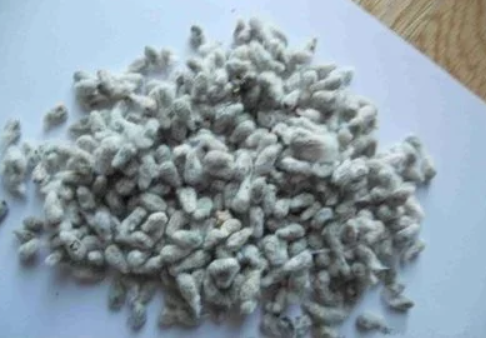A recent study in Australia is underway to strip cotton linters from cottonseeds and convert them into biodegradable plastics. We all know that when cotton gins are used to strip cotton fibers, a large amount of cotton lint is produced as waste, and currently, most of the cotton lint is simply burned or put into landfills.
According to Deakin University Dr Maryam Naebe, about 32 million tonnes of cotton lint is produced each year, of which about a third is discarded. Her team members hope to reduce waste while providing cotton farmers with an additional source of income and producing a “sustainable alternative to harmful synthetic plastics”.
So they developed a system that uses environmentally friendly chemicals to dissolve cotton linter fibers, and then use the resulting organic polymer to make a plastic film. “Compared to other similar petroleum-based products, the plastic film obtained in this way is less expensive,” Dr. Naebe said.
The research is part of a project led by PhD candidate Abu Naser Md Ahsanul Haque and associate researcher Dr Rechana Remadevi. They are now working on applying the same technology to organic waste and plant materials such as lemongrass, almond husks, wheat straw, wood sawdust and wood shavings.
Post time: Sep-12-2022

